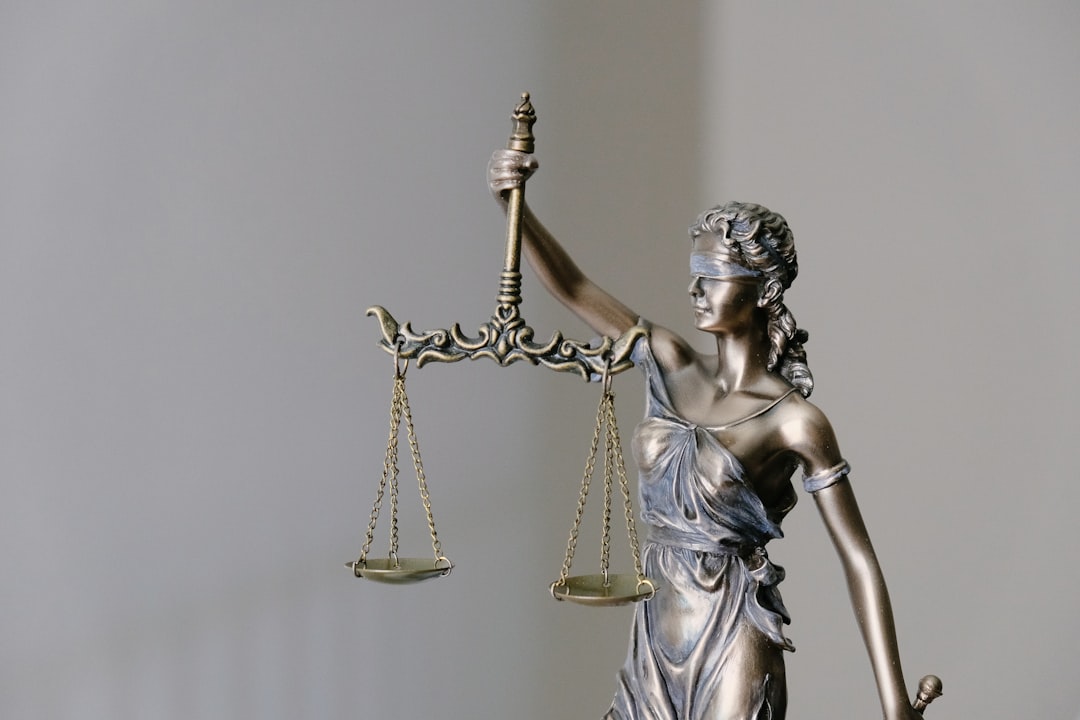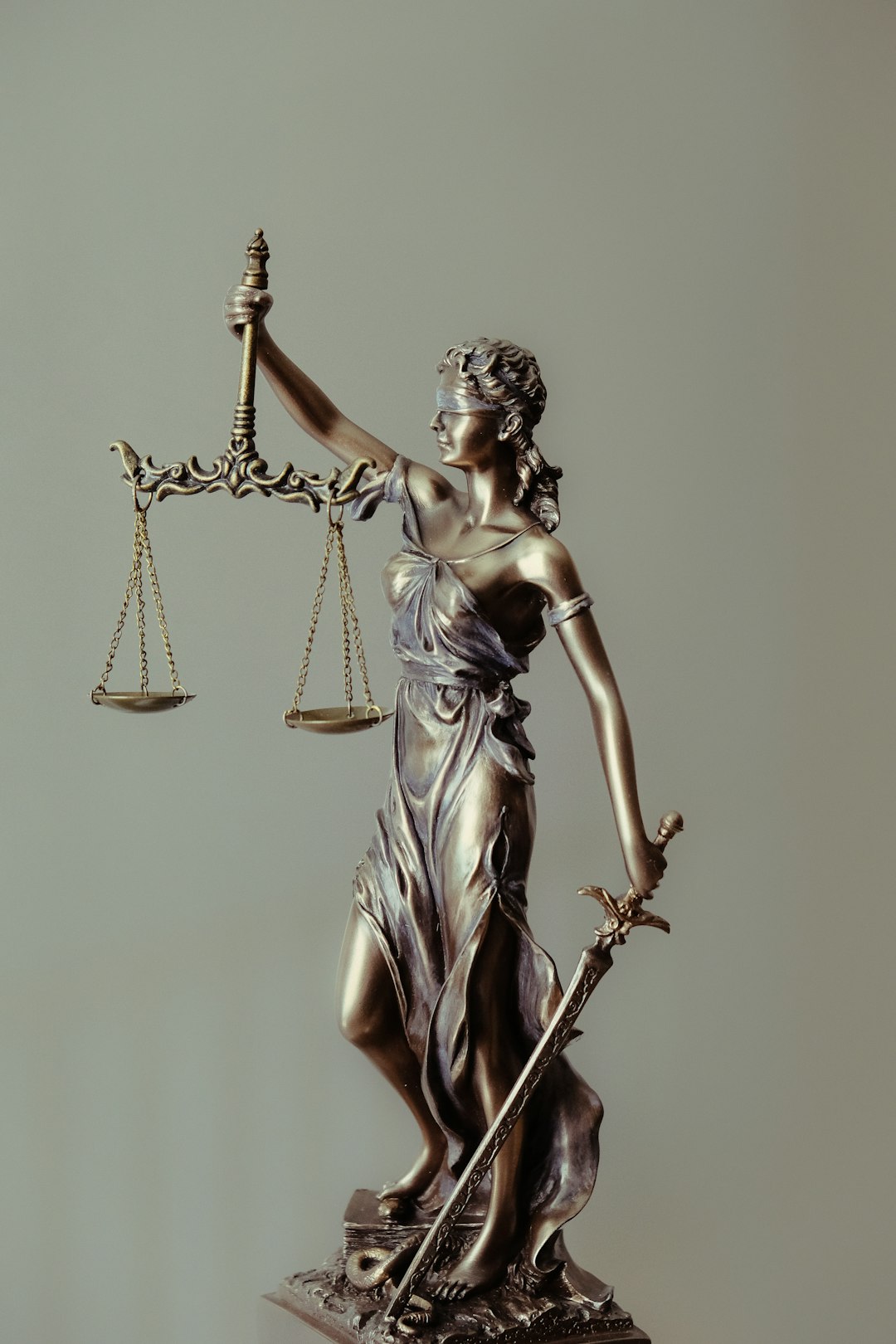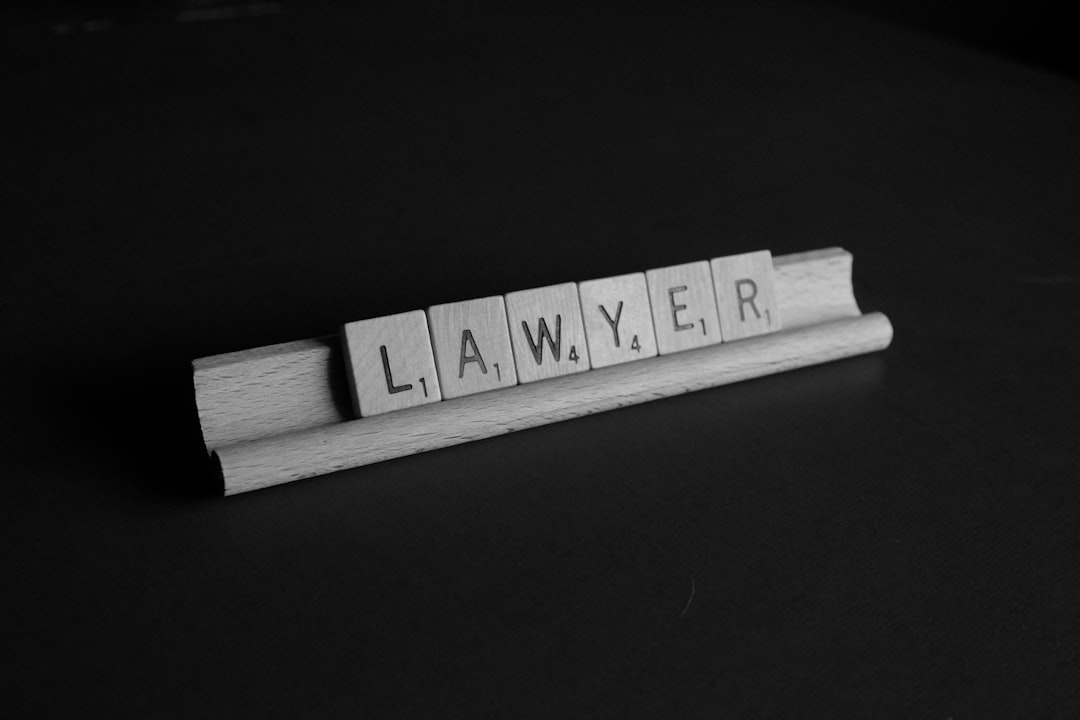Victims of sexual abuse in New Jersey can find justice and compensation with the help of experienced sexual abuse lawyers, who navigate complex legal processes. These lawyers rely on expert witnesses—including medical professionals, therapists, and law enforcement specialists—to provide crucial insights into trauma, abusive relationships, and evidence reliability, ensuring fair trials and upholding due process. Effective preparation and communication strategies are essential to leveraging these experts' knowledge, ultimately supporting victims' narratives and enhancing case credibility.
In sexual abuse cases, expert witnesses play a pivotal role in navigating complex legal landscapes. This article delves into the critical function of these specialists in New Brunswick, exploring their contribution from every angle. From understanding the fundamentals of expert testimony to examining qualifications, preparation, and ethical dilemmas, we uncover how these professionals influence outcomes for victims seeking justice. For those considering a sexual abuse lawyer in New Jersey or beyond, this guide offers essential insights into the expertise that can make all the difference.
Understanding Expert Witnesses: A Key Component in Sexual Abuse Cases
The Legal Framework for Expert Testimony in New Brunswick
In New Brunswick, the role of expert witnesses in sexual abuse cases is governed by a robust legal framework designed to ensure fairness and accuracy. The admissibility of expert testimony is evaluated under Rule 504 of the Rules of Evidence, which outlines the criteria for qualifying an expert witness. This includes their qualifications, expertise, and ability to assist the court in understanding complex issues. Sexual abuse cases often involve intricate medical, psychological, and legal aspects, making expert witnesses invaluable. They provide specialized knowledge that helps judges and juries navigate these complexities, ensuring a thorough understanding of the case’s nuances.
Expert witnesses in sexual abuse trials can include medical professionals, therapists, and law enforcement specialists who possess specific training and experience related to such cases. For instance, a sexual assault nurse examiner (SANE) might offer expert testimony on the physical evidence collected during a medical examination, while a licensed therapist could shed light on the psychological impact of trauma. The court relies on these experts to interpret facts, present research findings, and offer opinions that aid in reaching a just decision, particularly when dealing with sensitive topics like sexual abuse. This practice aligns with New Brunswick’s commitment to providing due process and ensuring that sexual abuse lawyers can effectively advocate for their clients within the legal framework.
Qualifications and Roles of Sexual Abuse Experts
In cases involving sexual abuse, especially in complex scenarios like those seen in New Brunswick, expert witnesses play a pivotal role. These professionals are often specialists in fields such as psychology, medicine, or forensics who possess extensive knowledge and experience in understanding and documenting the effects of sexual trauma. Their qualifications include advanced degrees, specialized training, and years of practice focused on assessing and treating survivors of sexual abuse.
Sexual abuse lawyers in New Jersey frequently rely on these experts to provide detailed insights into various aspects of the case. This may include testifying about the physical and psychological symptoms commonly exhibited by victims, explaining the dynamics of abusive relationships, or offering expert opinions on the reliability of evidence in such cases. Their impartial analysis helps judges and juries comprehend the nuances of sexual abuse, ensuring that every aspect is considered fairly and accurately.
Preparing and Presenting an Expert Witness for Court
Preparing and presenting an expert witness in sexual abuse cases requires a meticulous approach, especially for a sexual abuse lawyer in New Brunswick navigating complex legal procedures. The expert witness plays a pivotal role in providing specialized knowledge and insights to support the victim’s narrative and bolster the case’s credibility. Before court, thorough preparation ensures the expert is well-versed in the specific case details, relevant medical literature, and psychological principles related to sexual assault trauma.
This preparation involves reviewing medical records, understanding the victim’s history, and staying informed about recent research or guidelines pertaining to sexual abuse. The lawyer should guide the expert through potential questions from both prosecution and defense teams, fostering a collaborative relationship. Effective communication ensures the expert can convey complex information clearly and coherently during testimony, making their contribution invaluable to the legal process for a sexual abuse case in New Jersey.
Ethical Considerations and Impact on Trial Outcomes
In sexual abuse cases, expert witnesses play a crucial role in navigating complex ethical considerations and shaping trial outcomes in New Brunswick. These professionals bring specialized knowledge to the forefront, helping juries comprehend medical, psychological, and social aspects of sexual assault. Their testimony can significantly impact the credibility of victims’ accounts and the overall perception of the case.
When presenting evidence, expert witnesses must adhere to strict ethical guidelines, ensuring their opinions are unbiased and supported by credible research. They should avoid any behavior that could compromise their objectivity, such as forming preconceived notions or allowing personal biases to influence their analysis. By maintaining high ethical standards, these experts contribute to a fair and just trial process for all parties involved, particularly when representing sexual abuse victims who may have experienced profound trauma.





